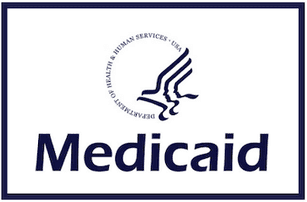The Challenges of Perinatal Work in Therapy
Perinatal health, which encompasses the period during pregnancy and after childbirth, is a critical aspect of both maternal and child well-being. This stage is marked by significant physical, emotional, and social changes that can greatly impact the overall health and quality of life for mothers and their babies. While many women navigate this time with joy and excitement, others may face a range of challenges that can lead to stress, anxiety, and other mental health concerns.
One of the most significant factors influencing perinatal health is the mind-body connection. Research has shown that stress and trauma experienced during pregnancy can have lasting effects on both the mother and child, potentially leading to complications such as preterm labor, low birth weight, and developmental delays. Furthermore, the emotional and psychological toll of childbirth itself can be significant, with many women experiencing symptoms of postpartum depression, anxiety, or post-traumatic stress disorder (PTSD).
Given the complexity of perinatal health, it is essential for women to have access to comprehensive, trauma-informed care that addresses their unique needs and concerns. This may include a combination of medical, psychological, and social support services, such as prenatal check-ups, mental health screenings, counseling, and support groups. By taking a holistic approach to perinatal care, healthcare providers can help women build resilience, cope with challenges, and promote positive outcomes for themselves and their babies.
In addition to professional support, social and community connections play a vital role in promoting perinatal health. Engaging with other mothers, sharing experiences, and building a network of support can help reduce feelings of isolation, normalize the challenges of motherhood, and provide a sense of belonging. Whether through informal gatherings, online communities, or structured support groups, these connections can be a powerful source of encouragement, information, and validation for women during this transformative time.
Ultimately, prioritizing perinatal health requires a collective effort from healthcare providers, communities, and society as a whole. By increasing awareness of the challenges faced by mothers, advocating for comprehensive and accessible care, and fostering a culture of support and empowerment, we can help ensure that every woman has the resources and tools she needs to thrive during this critical stage of life.
To learn more about perinatal health support and services, please contact Dr. Haley Beech at Taproot Therapy Collective by emailing [email protected].













0 Comments